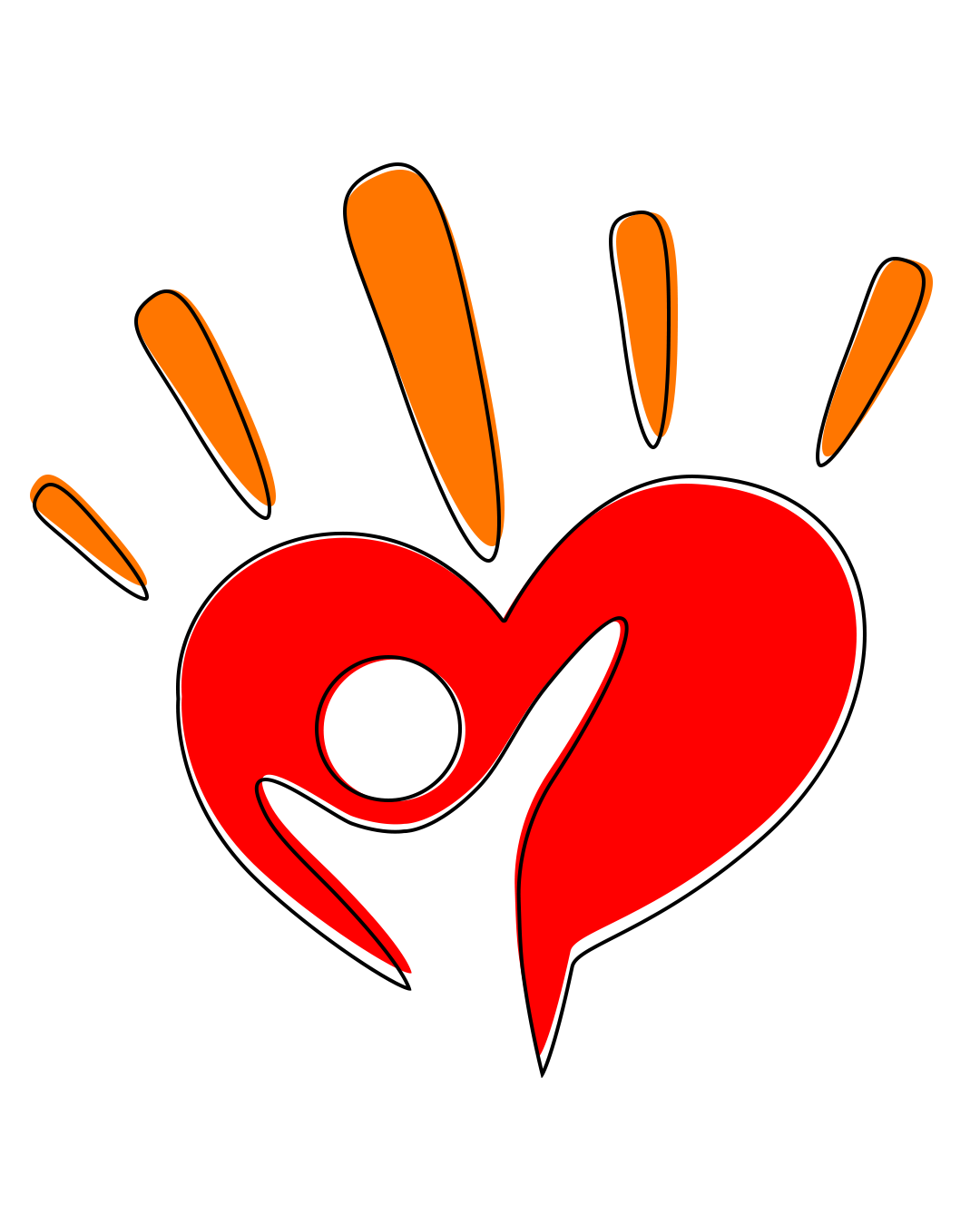A child’s first experience of human interaction typically occurs at home, in a positive and loving context. Which means the “Home” is the place where a child’s first exposure to violence is likely to occur. Which also means that what they are exposed to, or should not be exposed to is very crucial.
Exposure to violence can harm a child’s emotional, psychological and even physical development and children exposed to violence are more likely to have difficulty in school, act aggressively, suffer from depression or other mental health problems as well as engage in criminal behavior as adults. Raising children is one of life’s greatest challenges and can trigger anger and frustration in the most tempered parent/guardian. If you grew up in a household where violence, screaming and shouting was the norm, you may not know any other way to raise your kids and the cycle continues.
However, growing up in a family where there is violence can make a person think that is the right way for family members to treat each other. A child who has only known an abusive relationship may ignorantly think that hitting and beating are perfectly normal.
Abuse is not a healthy way to showing wrong doings.
Sequel to the discussion we have had with some teenagers, we have been able to come to conclusion that child abuse can cause physical, verbal, sexual and emotional, psychological harm.
-
PHYSICAL ABUSE
This involves harming a child either by beating, pinching, hitting, choking, biting and other actions that leave scars or causes pain to a child. Teenagers who are abused find it difficult to confide in others simply because they feel a lot of anger towards people and tend not to make friends easily. Abuse is a significant cause of depression in young people and may result to them not performing well academically as deriving pleasure in drugs and alcohol.
-
VERBAL/EMOTIONAL ABUSE
Contrary to some people’s belief, words can hurt or damage a child’s mental health, words that connate negative comparison to others, telling a child they are worthless, raining curses and limiting physical contact with a child i.e no hugs and other form of affection.
This could mean harming a child by the choice of our words, belittling or threatening them. Consequently, they can experience a lot of issues including anxiety and depression and may cause the child to believe every negative thing that has been said to them which in turn have a huge impact on their self- esteem.
-
SEXUAL ABUSE
This is the most complicated form of abuse. It is the deliberate exposure of a minor child to sex or sexual activities that the child cannot comprehend. This behavior includes inappropriate touching of a child’s private parts and exposure to pornography. It is often perpetrated by using force to take advantage of the other person. However, it is suspected that a child has been sexually abused, it is important that such child is examined as soon as possible by a trained doctor.
Signs of sexual abuse in teenagers are;
- Displaying knowledge of sexual activity inappropriate for their age.
- Making an attempt to run from home.
- Making a strong effort to avoid a person without a specific reason.
What do I do if I have been abused?
Regardless of the type of abuse, the result is a serious emotional harm but there is help available. If you suspect that a child is suffering from abuse, it is best to speak out. By doing so, both the child and abuser can get the help they need.
Breaking the cycle of Abuse/How it can be prevented.
If you have been abused in the past, you may have difficulty in getting in touch with your wide range of emotions but it is possible that you are overwhelmed by your anger and you feel it cannot be controlled. Guess what? You can learn new ways to manage your emotions and break your old pattern by doing the following;
- As hard it may be, try to understand your children. Have a realistic expectation of what your child can and cannot do.
- Start by learning the appropriate discipline techniques and how to set clear boundaries for them. There are books that offer this help.
- Let your child explain to you in their own words what had happened, do not in the process start to interrogate and shut them up. Listen! If you don’t, you may make it hard for them to confide in you.
- Get involved in your child’s life.
- Never discipline your child when your anger is out of control.
- Be aware of changes in your child’s behaviour or attitude and inquire about it.
-
YOU CAN TALK TO US TODAY!



This piece has been very useful to me. As a victim of several abuse while growing up, I share my story and his I was able to overcome the pains this far. Thank you for this initiative.
Dear Kike Ma, we are glad to hear that you’ve been able to overcome the pains that you went through. We want you to know that whatever you have been through in life does not define who you are or where you are headed. Your generation awaits your manifestation Ma. Go and conquer your world…